Getting to Know Group Therapy
What is group therapy? It is a therapeutic group that typically focuses on one issue and whose participants experience the same or similar mental health disorders. A therapist guides the group. Individuals share their stories, and the therapist may provide guidance or highlight tips and tools for the group to consider. Groups tend to range from 5 to upwards of 20 people. Large groups sometimes have two therapists.
In Group Therapy – Group therapy can vary from session to session. Some group therapy involves group discussion and sharing, while other sessions may run more like a class. Therapists leading group therapy often provide participants with coping mechanisms and tools they can implement into their daily lives.
Sessions can take place on a daily and weekly basis. The participants may change over time, with new participants arriving and others leaving from one session to the next. Sharing in group therapy tends to center on narratives related to the struggles participants go through in dealing with a mental health issue. The therapist makes sure that everyone stays focused on the main issue at hand, and that everything said is as compassionate and productive as possible.
The basic structure of group therapy is as follows:
- Participants share an experience or diagnosis
- They offer hope and support to others in group
- Both therapists and patients share knowledge and experience
- Participants maintain a circle of privacy
Keeping the circle of privacy and ensuring the anonymity of all involved is crucial to the therapeutic process. This provides a safe space for everyone so that they can share freely. The therapist leading the group tries to focus participants to maintain a mood of positivity and empowerment for themselves and others.
Different Types of Group Therapy
Group therapy can be open, allowing anyone who might benefit to attend, while other groups may be kept private to the participation of a certain therapist or clinic’s patients. Group therapy can also address a number of different mental health issues, including:
- Post-traumatic Stress Disorder
- Addiction and substance abuse
- Grief and Trauma
- Chronic illness
- Depression or Anxiety
- Bipolar disorder
- Being a caregiver
- Eating disorders
Addiction Group Therapy
Many are familiar with group therapy for addiction, thanks to media portrayals. Those participating in group therapy for addiction are often at different places in their journeys. Some have maintained sobriety for years, while others are early in the process. All participants share stories around their addiction and recovery with the goal of helping themselves and others. Some group therapy for addiction may include a 12-step approach like the one used in Alcoholics Anonymous.
Group Therapy for PTSD
Individuals who have been through significant trauma sometimes end up dealing with something known as Post Traumatic Stress Disorder, or PTSD. Due to the alienating nature of this disorder, working in group can be very beneficial for these patients.
A group session for PTSD might limit participation to those with PTSD from a specific trigger, such as war. Different traumas can require different therapeutic techniques, so this can make it more productive for participants.
Grief Group Therapy
Those who have experienced grief through the loss of a loved one often feel isolated. Working in group therapy can help those with grief realize they are not alone. Sessions might focus on different types of grief. As an example, a group may center on those who have lost a spouse. There are also group therapy sessions that take a more generalized approach.
Additional Group Therapies
A therapist can lead a group therapy session for almost any issue. When a group does not exist, but patients require it, a therapist may even create a new group.
The Benefits of Group Therapy
Research has shown that group therapy can be beneficial for patients, giving them a more affordable yet still effective alternative to individual sessions. Group therapy also supplements individual therapy and medication well, in many cases.
One of the great benefits of group therapy is that it helps people realize they are not isolated in their struggles. Seeing how others cope with similar experiences can help them move towards healing more quickly and effectively.
Everyone can take their own approach to group therapy. Those who are more verbal may enjoy sharing a good deal, while some might benefit from listening at first. Personalizing your approach helps ensure that you can benefit from the process.
Can Group Therapy Happen in Telehealth?
Patients involved in group therapy can still participate even if they are unable to come into One Behavioral Health’s offices. Teletherapy, a branch of Telehealth, allows therapists to conduct group therapy sessions remotely via teleconferencing sessions conducted on the internet. The session would proceed as it would in person, with each patient sharing and with the therapist providing guidance to the group.
If you are interested in continuing your group therapy sessions via Teletherapy, reach out to us today. We can provide you with everything you need so that you do not experience any interruption in your care.
